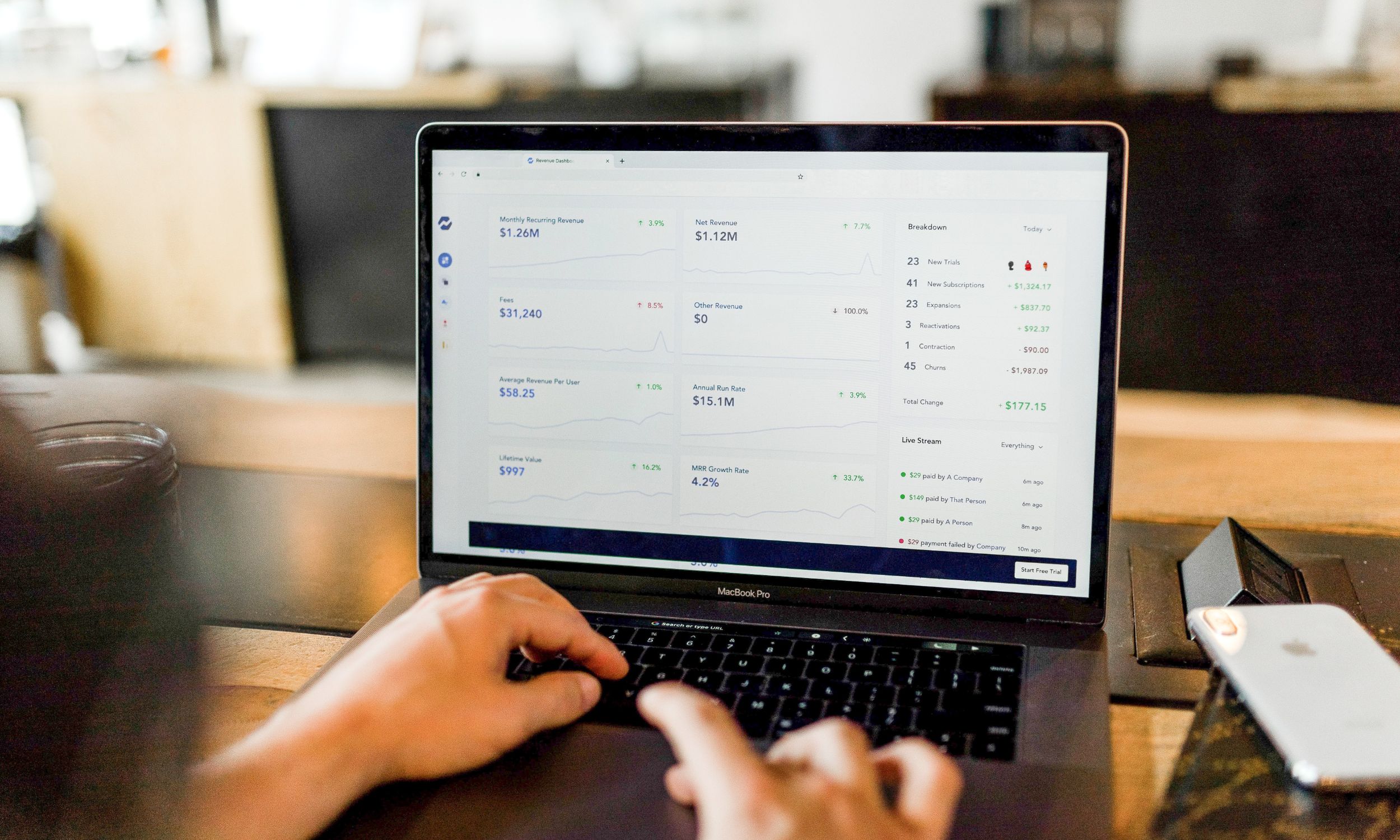
06 Feb Making Tax Digital for Income Tax: Everything you need to know.
What is Making Tax Digital (MTD) for Income Tax Self-Assessment (ITSA)?
The UK government’s innovative MTD initiative will make it simpler for companies and individuals, such as sole traders, to file their taxes correctly with the digital submission of tax documents.
As part of the MTD for Income Tax scheme, it will be necessary for self-assessment taxpayers to keep and maintain digital records and use MTD-compatible software to manage, track, and send HMRC quarterly summary updates of business cash income and expenditures. To complete each business income source, an “End of Period Statement” (EPOS) must be prepared after the fourth quarter. In order to incorporate other taxable income sources like savings and investment income, a Final Declaration will also need to be completed.
When will Making Tax Digital for Income Tax come into force, and who will it affect?
While MTD for Income Tax was originally due to be implemented in 2024, it has now been delayed until April 2026 and will be implemented in two stages.
From April 2026, sole traders or landlords who make a gross income above £50,000 will be subject to the mandate.
From April 2027, those who earn between £30,000 and £50,000 will be required to follow the MTD for Income Tax rules.
There has been no decision made on whether MTD will apply to those with an income of less than £30,000.
When the new law takes effect in April 2026, all firms that were in operation as of that date, regardless of when their accounting period came to an end, will be required to comply with it if they have income over the reportable limits.
There is no set date for when general partnerships will be subject to MTD for Income Tax.
If you are unsure whether MTD for Income Tax applies to you, please get in touch with our Making Tax Digital experts.
What are the exemptions for Making Tax Digital for Income Tax?
Exemptions from MTD for Income Tax include groups under the category as:
How is this different from the current regulations?
Before April 2026:
- One annual submission
- Paper filings by 31st Oct
- Online filings by 31st Jan
- Holding paper records.
After April 2026:
- Four quarterly submissions per business
- One annual End of Period Statement per business
- One annual ‘Final Declaration’ submission per individual
- Filing by a Making Tax Digital compliant software
- Holding only digital records.
The main deadline for finalising your income tax self-assessment will remain the same and the 31st of January will continue to be an important date in the tax calendar.
While the implementation of Making Tax Digital for Income Tax may be three years away, Douglas Home and Co are advising clients to digitalise their company’s incomes and outflows now, making this as smooth a transition as possible to adapt to the new digital system.
If you have any questions about complying with the new Making Tax Digital for Income Tax rules, please contact Douglas Home & Co’s team of tax experts by emailing mail@dhco.co.uk.




